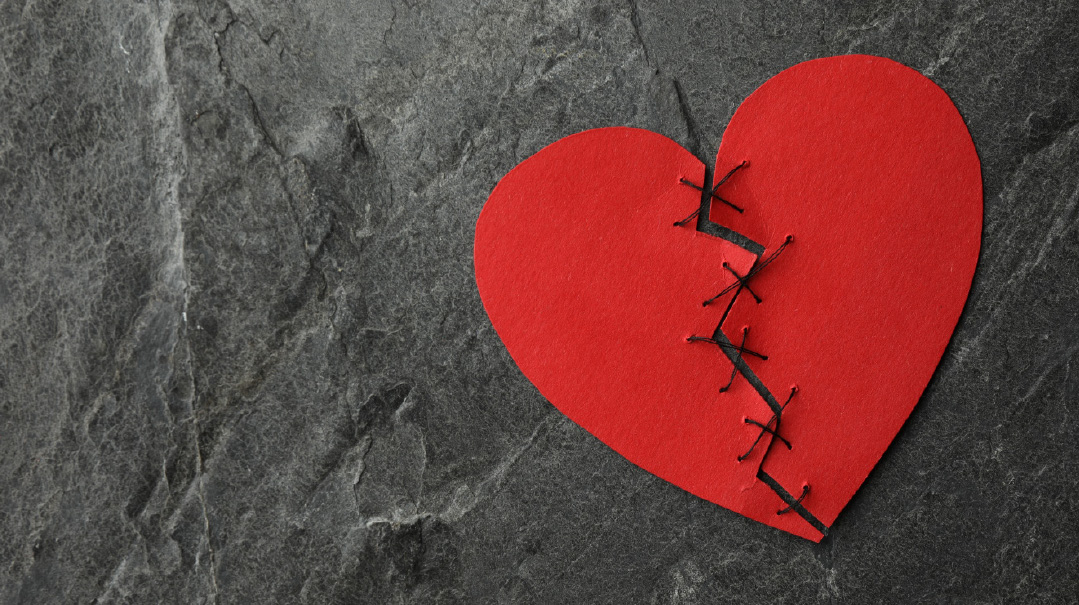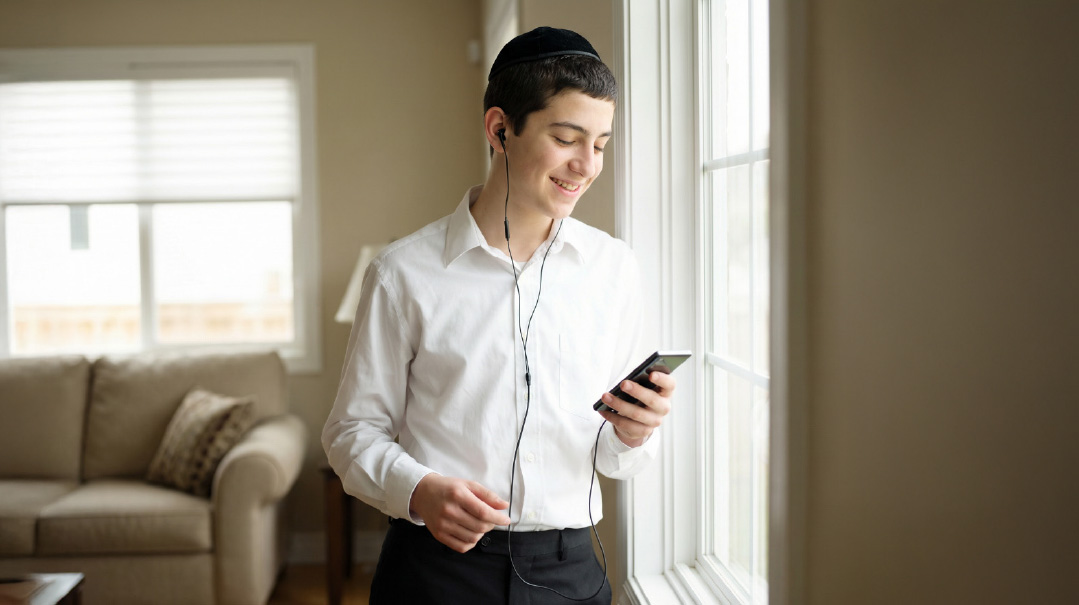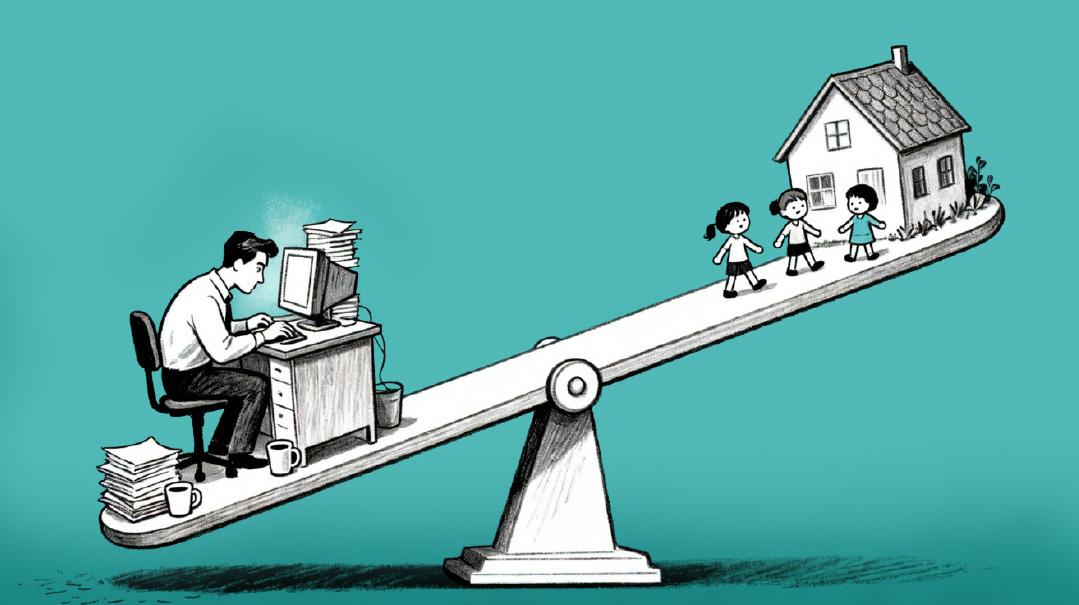Meeting Extreme Trauma with Extreme Love
| October 8, 2024As a physician, I offer my prescription for 5785. What’s curing trauma in Israel can cure across the Jewish world

MYcolleague Mordechai just notified me that in the last two days, four secular high schools in Israel have called to ask us to meet with their students. Why would a secular school want to meet with chareidim? Because after October 7 last year, a tectonic shift has shaken up daily life for all Israelis, particularly the young. Traumatized, they’re seeking something. But what, from whom, and how?
So, who is “us,” and why would liberal-leaning schools want their students to sit with us? Firstly, my medical training was in a somewhat obscure specialty called psychoimmunology. You can look it up. I live in the central part of Jerusalem and have been blessed to author three books — Be a Mensch, A Wholly Life, and the new Amazon release, Extreme Trauma: October 7 as an Outlier in the Range of Human Potential.
I’m also the co-founder of Israel’s Be A Mensch Foundation, which brings polarized Israelis together in dialogue about big issues that historically fuel the fires of division. When others hear what we’ve been doing for a decade-plus, they often look askance. How is it possible to get secular Jews to interact meaningfully with chareidim? Why would uber-leftist students engage for three hours with members of our team, who are visibly uber-religious? Why do they all want to meet again — and again? And why would schoolteachers, administrators, and parents tell their peers, “You’ve got to meet these Mensch people”?
Before October 7 last year, it was partly curiosity inspired by two Israeli hit TV series, Shtisel and Srugim. They’d met everyone else — the Bedouins, Peace Now, the Palestinian Authority, the advocates of alternative lifestyles, and, prior to October 7, the opponents of judicial reform. But 22% of Israel’s population — the dati-chareidi mix — had been excluded from classroom conversations, except in derisive characterizations.
After October 7, everything changed. The social schisms so pronounced on October 6 vanished as a sweeping new national unity emerged on October 8. People modified their interactions.
Gavriel Sanders, a member of our team in Jerusalem, sensed the new mood and began boldly asking strangers on the street, “With what does unity — achdut — begin?”
Seeing the question in their eyes, Gavriel declared, “It begins with ach [brother]. It includes achot [sister]. And the middle letter, daled, represents Hashem, Who unites us as a family — especially now.”
Gavriel says, “They all nodded in affirmation. We’re family — no matter how we look.”
The achievement of mutuality and commonality is the hallmark of our work. You know the adage that “no one cares how much you know till they know how much you care.” And care they do. We’ve attracted some remarkable chareidim who know how to dismantle antireligious biases and touch the heart of another with genuine interest. They’ve developed a technology of interaction that melts “myth perceptions” about religious values, lifestyles, and practices.
As one bright student from a Ramat Aviv school said, “Now I see that Judaism is not what’s been represented to me in the media.”
Another student there affirmed, “This type of conversation changed my perspective completely. Everyone needs this.”
I’ve spoken mainly of Israeli high schools. But Mensch is now in universities here, with a three-credit, yearlong course that tackles tough issues between the observant and nonobservant. Result: Students become friends for life with their religious counterparts, often coming for Shabbat and holidays and simchas. Mensch is working with the IDF, the Israeli Scout leadership, and even C-level executives in high tech who want to learn the application of Talmudic concepts to business transactions.
Across the board, everyone responds to the simple notion of “be a mensch.” After over 30,000 one-on-one encounters, we see proof that this universal imperative, along with interpersonal guidance on how to achieve menschlichkeit, is the foundation for lasting unity among “acheinu kol beis Yisrael.”
As a physician, I offer my prescription for 5785. What’s curing trauma in Israel can cure across the Jewish world. Just be a mensch.
(Originally featured in Mishpacha, Issue 1032)
Oops! We could not locate your form.







